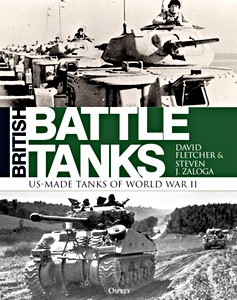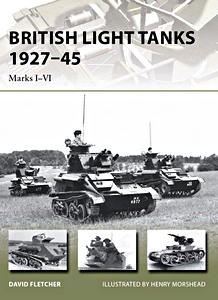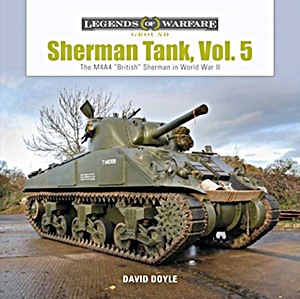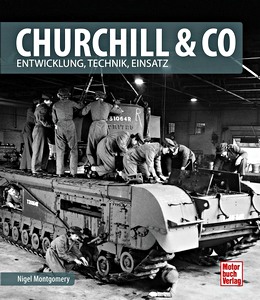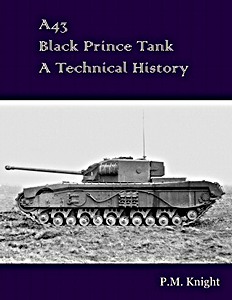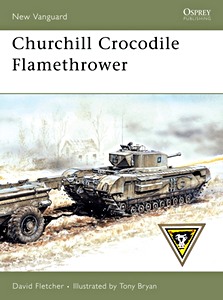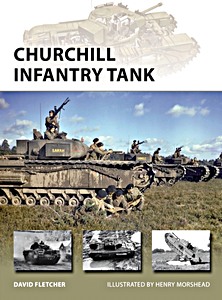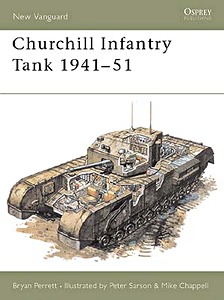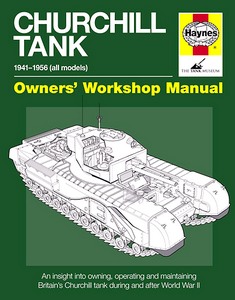British Battle Tanks : British-Made Tanks of World War II
Plagued by unreliable vehicles and poorly thought-out doctrine, the early years of World War II were years of struggle for Britain's tank corps. Relying on tanks built in the late 1930s, and those designed and built with limited resources in the opening years of the war, they battled valiantly against an opponent well versed in the arts of armoured warfare.
This book is the second of a multi-volume history of British tanks by renowned British armour expert David Fletcher MBE. It covers the development and use of the Matilda, Crusader, and Valentine tanks that pushed back the Axis in North Africa, the much-improved Churchill that fought with distinction from North Africa to Normandy, and the excellent Cromwell tank of 1944-45.
It also looks at Britain's super-heavy tank projects, the TOG1 and TOG2, and the Tortoise heavy assault tank, designed to smash through the toughest of battlefield conditions, but never put into production.
Caractéristiques
| Auteur : | David Fletcher |
|---|---|
| Présentation : | 288 pages, 24 x 19 cm, relié |
| Illustration : | abondamment illustré avec des photos en N&B et couleurs |
| Langue : | anglais |
| Editeur : | Osprey Publishing (GB, 2017) |
| ISBN : | 9781472820037 |
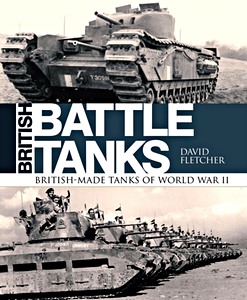
British Battle Tanks : British-Made Tanks of World War II
Langue : anglais
Voir prix, disponibilité et avis sur Amazon
Acheter sur Amazon FRVoir sur Amazon BE
Acheter sur Amazon CA

